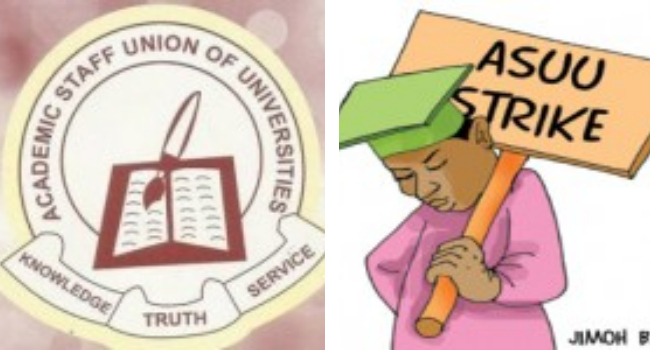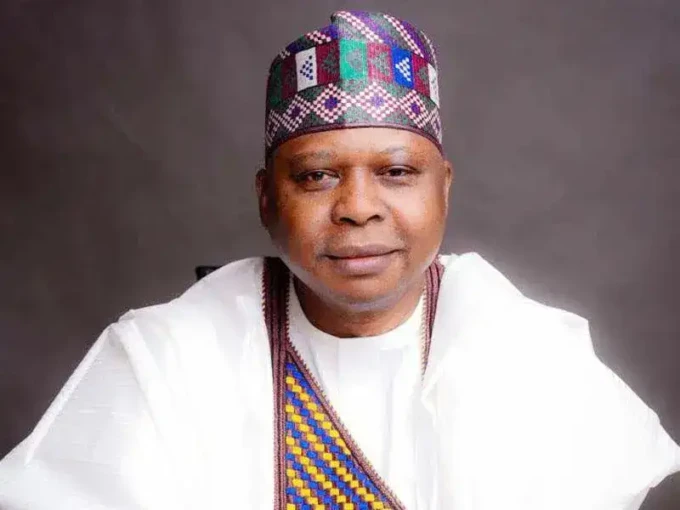The Academic Staff Union of Universities (ASUU) has vocally opposed the federal government’s proposed Tax Reform Bill, particularly its implications for the Tertiary Education Trust Fund (TETFund). In a recent statement, ASUU President, Professor Emmanuel Osodeke, expressed concerns over the potential replacement of TETFund with the Nigeria Education Loan Fund (NELFUND), describing this shift as detrimental to tertiary education in Nigeria.
During an interview with News Central on Monday, Osodeke criticized the government for not consulting with key academic unions like ASUU and ASUP before implementing these reforms. He highlighted several adverse effects already observed due to the introduction of NELFUND:
-
Increased School Fees: Osodeke pointed out that since the announcement of NELFUND in 2023, numerous universities and polytechnics have significantly raised their tuition fees. This adjustment has directly led to:
-
Higher Dropout Rates: The rise in fees, coupled with the burden of loans, has resulted in a noticeable increase in student dropouts. ASUU is currently conducting research on this trend, with plans to publish the findings to raise public awareness.
-
Misallocation of Funds: Osodeke raised alarms about the budgetary implications of NELFUND, noting that the 2025 budget proposal includes a staggering 127 billion naira for the overhead costs of running NELFUND, while less than 50 billion naira has been allocated to students as loans over the past two years. This discrepancy suggests to him an inefficient and potentially corrupt system where the focus seems to be on bureaucracy rather than student support.
He accused the government of using NELFUND as a vehicle for financial mismanagement, suggesting that the high administrative costs indicate a setup where officials might benefit personally rather than the students. Osodeke argued that TETFund, which has been instrumental in infrastructural development and academic enhancement in Nigerian tertiary institutions, should not be dismantled in favor of NELFUND.
The ASUU president urged the federal government to seek alternative funding for student loans without undermining the existing and proven TETFund system. His critique underscores a broader debate about educational policy, funding, and governance in Nigeria, reflecting concerns over the welfare of students and the sustainability of higher education financing.












Leave a comment